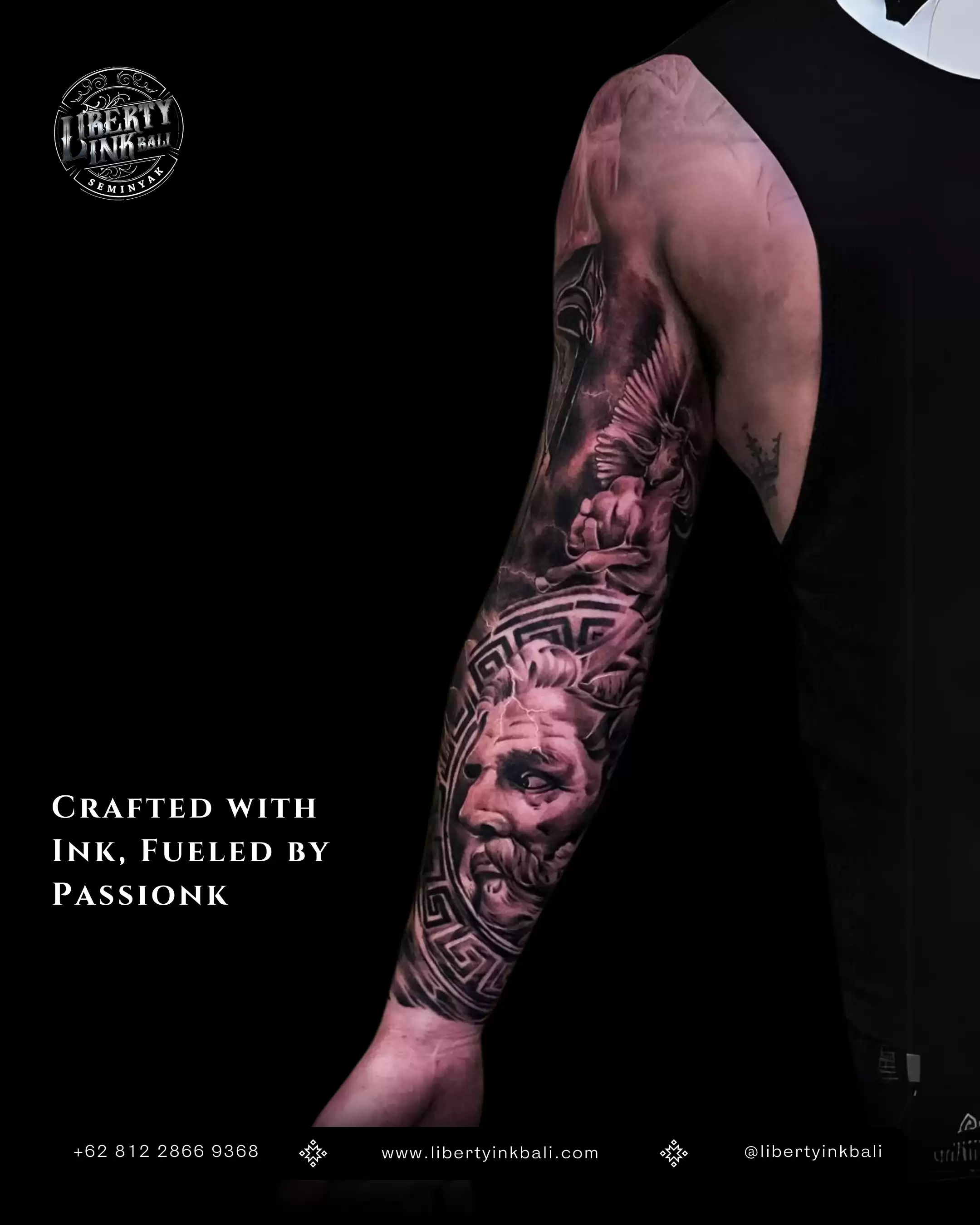Preparing for Your First Tattoo: What to Expect and How to Get Ready

Getting your first tattoo can be both exciting and nerve-wracking. It’s a big step and often a lasting decision, so it’s essential to go in prepared. This guide will walk you through everything you need to know before your first tattoo session, from physical preparation to mental tips to ensure a smooth experience. By following these steps, you’ll be ready to enjoy the process with confidence and leave the studio with a tattoo you love.
1. Choose the Right Tattoo Artist

Do Your Research
Finding the right artist is crucial for getting a tattoo you’ll be proud of. Look up artists’ portfolios, read reviews, and check for a style that resonates with you. A skilled artist should make you feel comfortable, answer any questions, and help you understand the process.
Schedule a Consultation
Meeting with your artist beforehand can ease anxiety. During the consultation, you can discuss design ideas, placement, size, and any concerns you may have. This is also an excellent opportunity to ask about aftercare and what to expect during the session.
2. Prepare Your Body

Get Plenty of Rest
A tattoo session requires patience and endurance. Make sure you get a good night’s sleep before your appointment so that you’re well-rested. This can help reduce stress and increase your pain tolerance.
Stay Hydrated
Hydrated skin is healthier and more resilient, which makes it easier to tattoo. Drink plenty of water in the days leading up to your appointment to keep your skin in prime condition. Avoid alcohol the night before, as it can dehydrate you and thin your blood.
Eat a Balanced Meal
Getting a tattoo on an empty stomach can lead to low blood sugar and increase the risk of dizziness or fainting. Have a full, balanced meal before your appointment, focusing on protein and complex carbs for lasting energy.
Avoid Blood Thinners
Avoid alcohol, caffeine, and over-the-counter blood thinners like aspirin before your session. These can thin your blood, making you bleed more during the tattoo process and potentially affecting the outcome of your tattoo.
3. Prepare Mentally

Set Realistic Expectations
A tattoo is a process, and it may not look perfect immediately. The skin will go through healing stages, which can affect the tattoo’s appearance. Trust the process and be patient as it heals.
Understand the Pain
Pain is a common concern for first-time tattoo clients. Pain levels vary depending on the placement and design, but remember that everyone’s tolerance is different. Take deep breaths and remember that the pain is temporary. Your artist may even take short breaks if needed.
Bring a Distraction
If you’re worried about sitting still or managing discomfort, bring something to distract you—whether it’s music, an audiobook, or a friend. Having a focus can help pass the time and reduce anxiety.
Practice Relaxation Techniques
If you’re nervous, try breathing exercises, mindfulness, or other relaxation techniques. Deep breathing can help calm your nerves and increase pain tolerance, making the experience more manageable.
4. Dress Appropriately

Wear Comfortable Clothing
Your tattoo session could last a few hours, so wear comfortable, loose-fitting clothing. Choose something that allows easy access to the tattoo area without making you feel restricted.
Consider the Placement
Think about where your tattoo will be and dress accordingly. For example, if you’re getting a tattoo on your leg, shorts may be the best choice. For an arm tattoo, a short-sleeved shirt would work well.
Bring an Extra Layer
Sometimes tattoo studios can be chilly due to air conditioning. Bring an extra layer or a blanket to ensure you’re comfortable throughout the session.
5. What to Bring to Your Appointment

ID and Payment
Remember to bring a valid ID, as most reputable studios require proof of age. Confirm your payment method, as some studios accept only cash, while others may take cards.
Snacks and Water
Bring a snack and water bottle to keep your energy up, especially if you have a long session. Light snacks, like nuts or granola bars, can be helpful for keeping your blood sugar stable.
Aftercare Supplies
Ask your artist what aftercare products they recommend, and consider purchasing these ahead of time. Common aftercare items include fragrance-free soap, moisturizer, and, in some cases, tattoo-specific ointments.
6. During the Tattoo Process

Trust Your Artist
Once your artist starts working, trust their expertise. They’ll guide you through the process, explaining what they’re doing if needed. If you feel uncomfortable or need a break, don’t hesitate to speak up.
Stay Still
The more still you can remain, the smoother the process will go. Moving or tensing up can make it difficult for the artist to work. Try to relax and avoid sudden movements.
Listen to Aftercare Instructions
Your artist will provide aftercare instructions once the tattoo is complete. Make sure to follow these carefully, as proper aftercare is crucial for preventing infection and ensuring that your tattoo heals well.
7. Post-Tattoo Care Tips

Clean Gently
In the first few days, gently clean your tattoo with lukewarm water and a mild, fragrance-free soap. Avoid scrubbing, and let it air dry or pat it dry with a clean towel.
Moisturize
Once the tattoo starts to dry out, use a light layer of fragrance-free moisturizer. Over-moisturizing can suffocate the skin, so keep it light.
Avoid Sun and Water Exposure
Avoid direct sunlight and submerging your tattoo in water (such as swimming pools or hot tubs) for at least two weeks. UV rays can cause fading, and water can lead to infections.
Watch for Signs of Infection
Signs of infection include excessive redness, swelling, pain, or discharge. If you notice any of these symptoms, contact your artist or a healthcare professional for advice.
Conclusion
Getting your first tattoo is an exciting journey, but preparation is key to ensuring a positive experience. By taking the time to prepare physically and mentally, you’ll be ready to face the session confidently and enjoy the outcome. Remember, your tattoo is a piece of art and a part of you, so approach it with care and respect. With proper preparation and aftercare, your tattoo will be something you can proudly wear for years to come.









